Indigenous Governance Database
Cultural Affairs

Evaluating the Social Impact of Indigenous Art Projects by Way of Aesthetic Impact
This post is part of Americans for the Arts' Excellence and Equity in Arts for Change blog salon.Indigenous artists have long used art as a means of pushing back on colonial actions, ideas, and ways of being. It is not only a powerful vernacular in which to communicate about the persistence of…
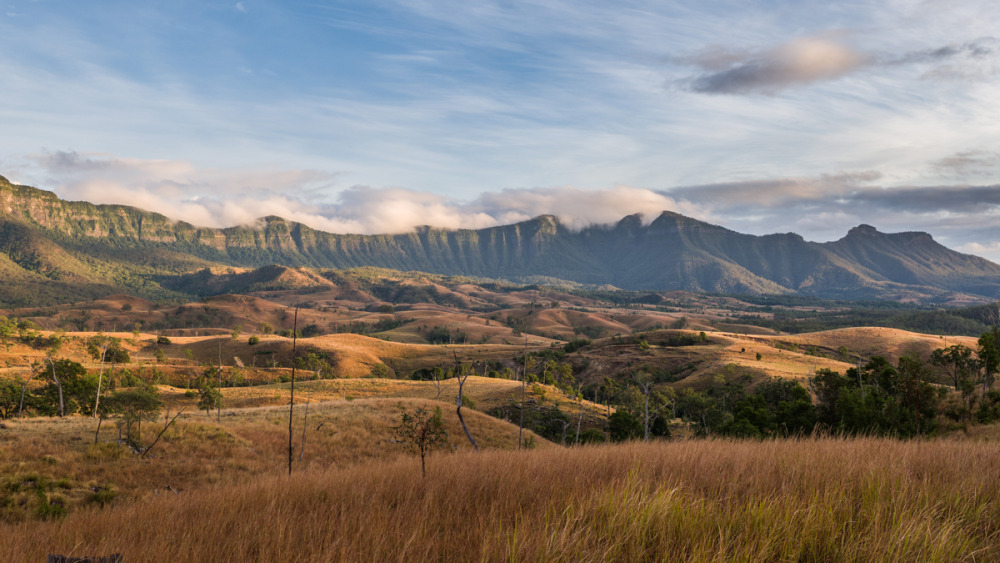
‘For the good of the Gugu Badhun people’: Indigenous Nation building, economic development and sharing as sovereignty
As part of an ongoing process of Indigenous Nation Building, Gugu Badhun Nation is engaged in developing an economy according to Gugu Badhun values. Rather than simply mimicking capitalism, the practice of visioning this economy begins with considering core cultural principles for the Nation.…

In Lakota Nation, people are asking: Who does a language belong to?
From NPR's "Code Switch" podcast episode page:Many Lakota people agree: It's imperative to revitalize the Lakota language. But how exactly to do that is a matter of broader debate. Should Lakota be codified and standardized to make learning it easier? Or should the language stay as it always has…
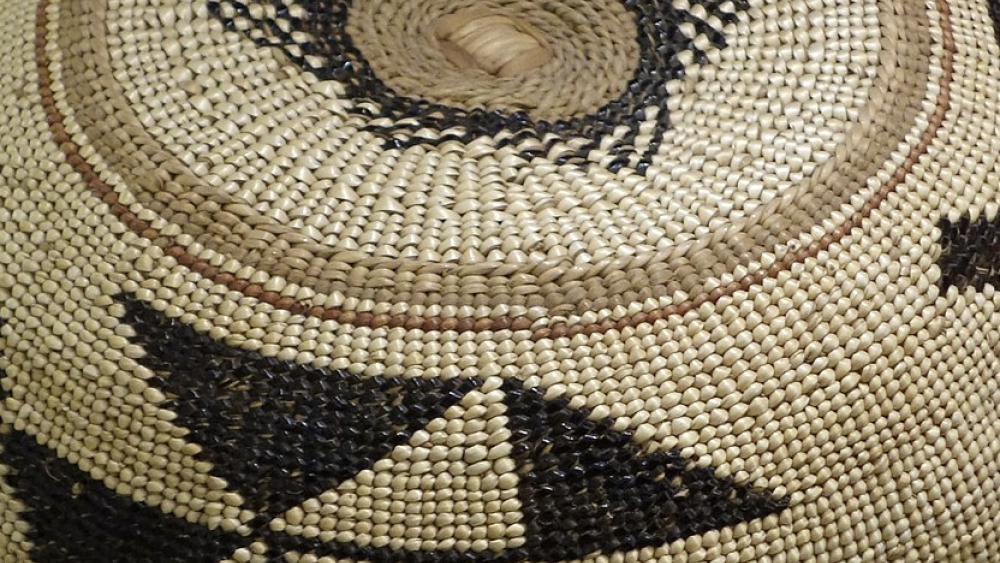
Karuk Cultural Information & Knowledge Policy Statement: Sípnuuk Digital Library, Archives and Museum
U.S. Copyright Laws privilege western intellectual property systems and function as an enforcement tool for ongoing colonial rule over our documented traditional Karuk knowledge. Karuk cultural heritage documentation is currently and has historically been subject to United States Copyright laws,…

AIS event: An Afternoon with Joanne Shenandoah and Doug George-Kanentiio
On April 12, 2021, the Department of American Indian Studies and Graduate Interdisciplinary Program presented "An Afternoon with Joanne Shenandoah & Doug George-Kanentiio." Doug George-Kanentiio (Awkesasne Mohawk) is a Native author, intellectual and journalist. His presentation was on “Raised…
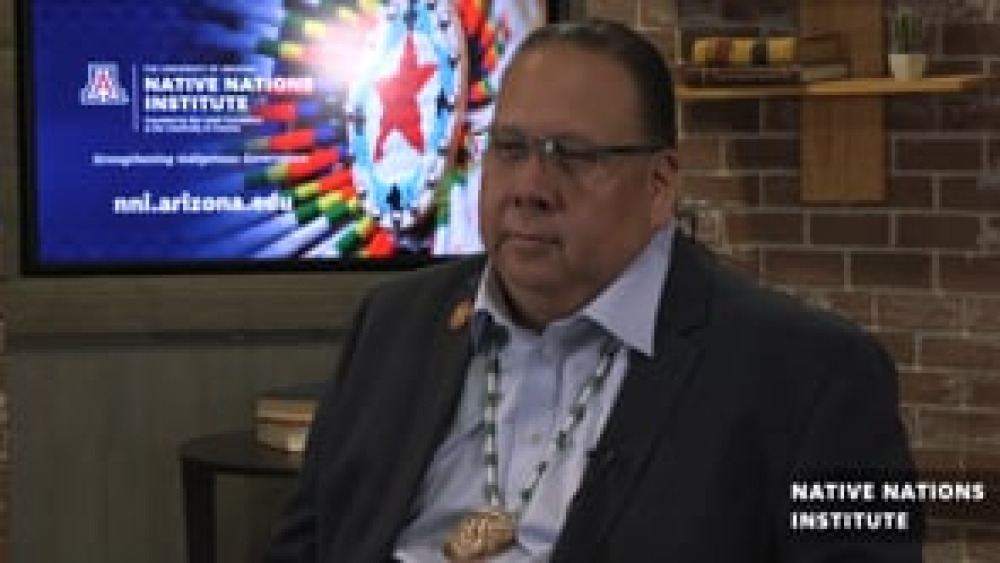
Stephen Roe Lewis: Effective Tribal Leadership for Change
Stephen Roe Lewis has been serving two terms as the Governor of the Gila River Indian Community. He follows a strong tradition and family legacy of leadership for the Akimel O’otham and Pee-Posh people in this desert riparian region of Arizona. Governor Lewis has worked on numerous political…
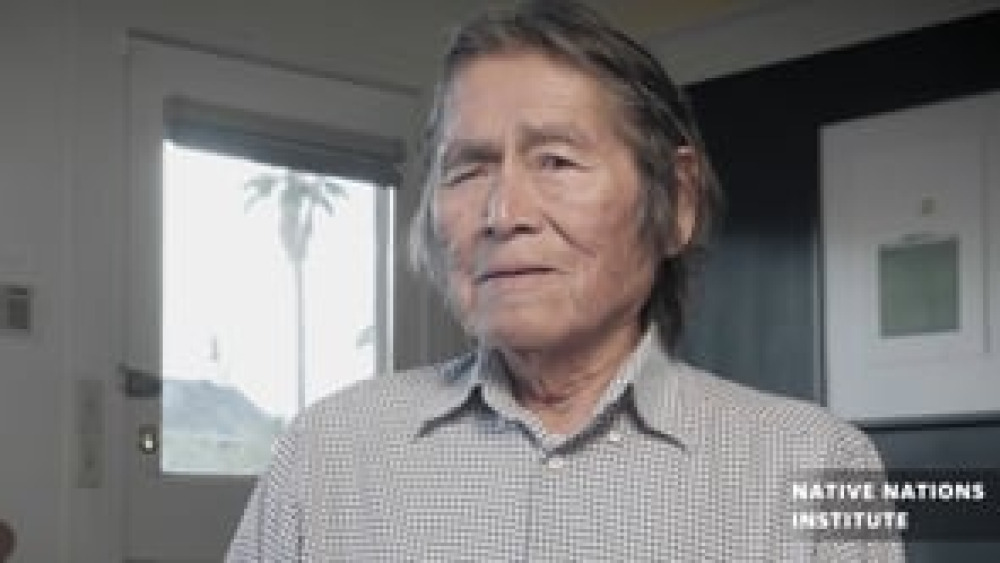
Vernon Masayesva: Self-Governance and Protecting Water
Former Tribal Chairman of the Hopi Nation and Executive Director of Black Mesa Trust, Vernon Masayesva relays his thoughts about advocating for self-governance and protection of water rights for Indigenous people. His pursuits in holding accountability of mining in Hopi territory has made Vernon…
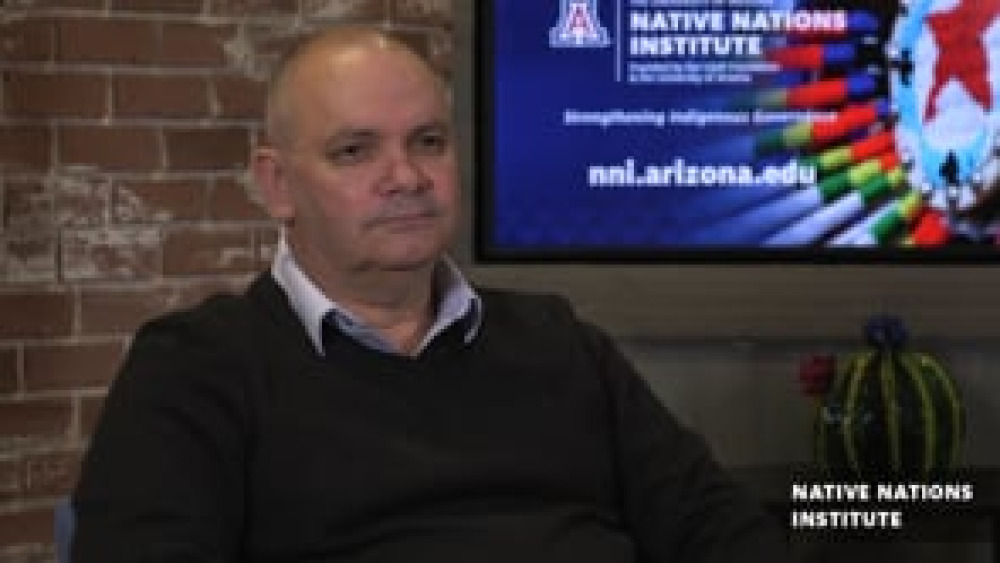
Daryle Rigney: Asserting Cultural Match and Native Nation Building in Australia
Daryle Rigney brings his expertise and first-hand experiences as a citizen of Ngarrindjeri Nation in South Australian to share his thoughts about Native Nation Building for the Ngarrindjeri Nation. He is a Professor of Indigenous Strategy and Engagement at College of Humanities Arts and…
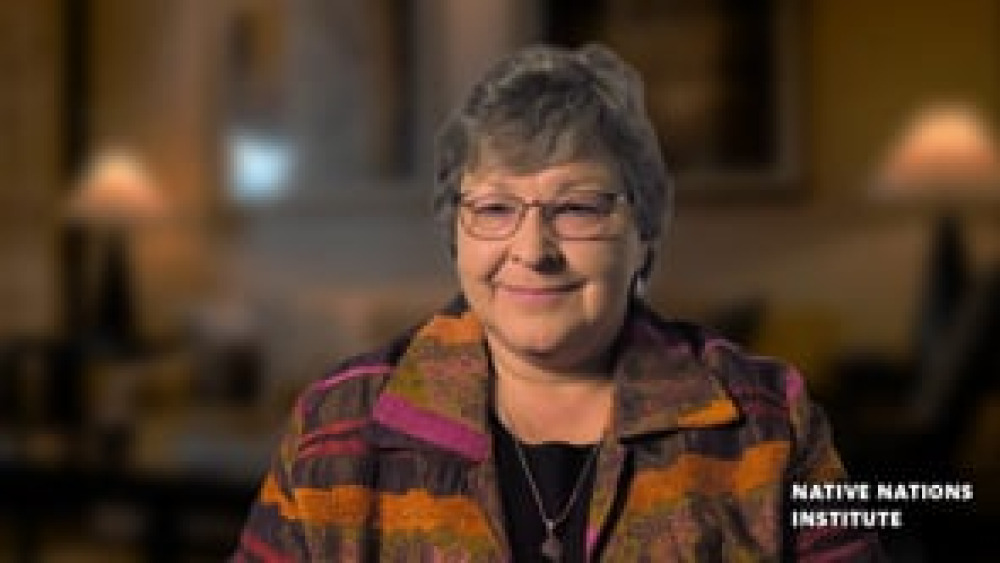
Karen Diver: Native leadership and Indigenous governance
Karen Diver is a former Chairwoman of the Fond du Lac Band of Lake Superior Chippewa and former Vice President of the Minnesota Chippewa tribe, while also served as an adviser to President Obama as his Special Assistant for Native American affairs. Her incredible career as renowned Native…
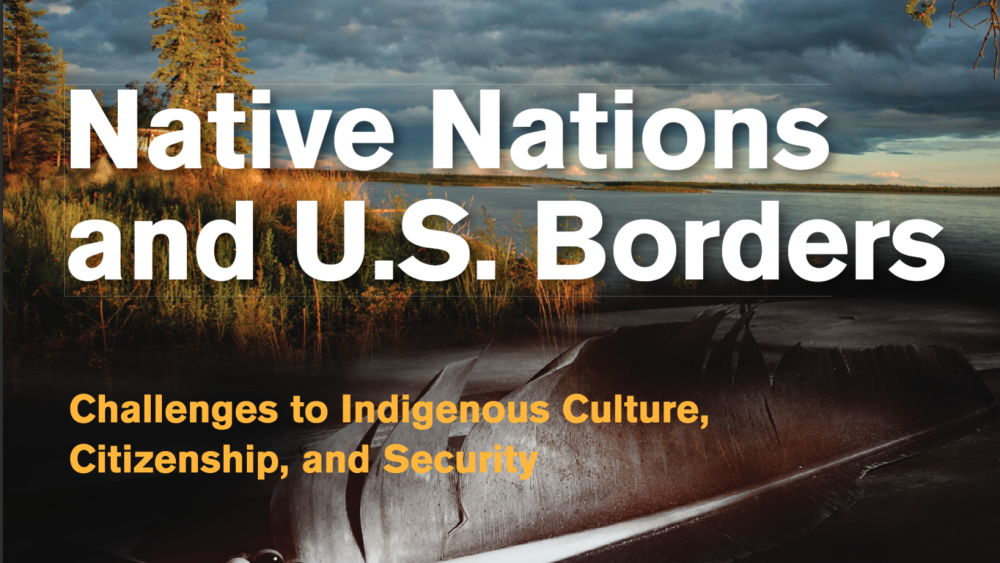
Native Nations and U.S. Borders: Challenges to Indigenous Culture, Citizenship, and Security
A comprehensive review of Native nations along or near the U.S. borders with Mexico, Canada, and Russia response to border-related challenges to citizenship, crossing rights and border security, culture, the environment and natural resources, and public health and safety. This book seeks to inform…
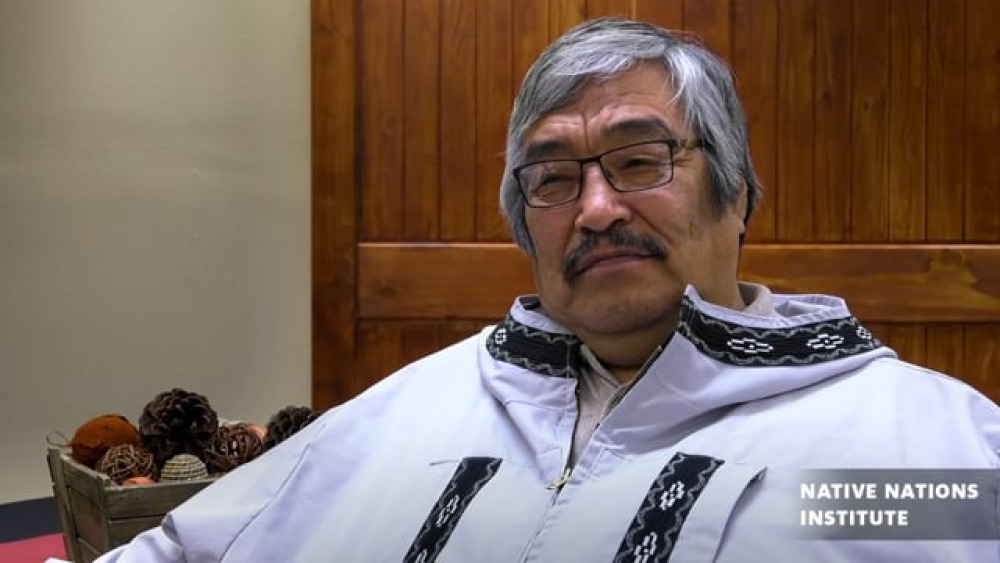
Mike Williams: Alaska Native governance and a healthy culture
Mike Williams is a well known indigenous leaders from being a Chairman and Vice-Chair of the Alaska Inter-Tribal Council as well as Chief of the Yupiit Nation. Mike offers his impressions about a variety of topics related indigenous governance including leadership, traditional governance,…

Theresa Arevgaq John: Alaska indigenous governance through traditions and cultural values
Theresa Arevgaq John is a well known Y’upik cultural advocate and Associate Professor in Indigenous Studies and the Department of Cross-Cultural Studies at the University of Alaska Fairbanks and has intimate knowledge about cultural practices within Indigenous governance. She advocates…
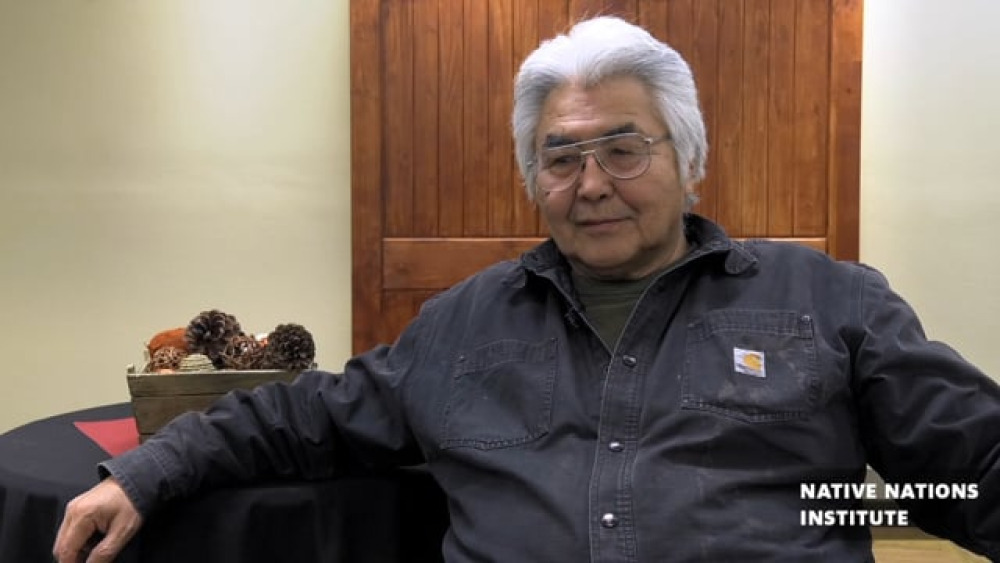
Wilson Justin: Leadership with Cultural Knowledge and Perseverance
Wilson Justin is a cultural ambassador for Cheesh’na Tribal council and serves as a Vice Chair Board of Directors for Mt. Sanford Tribal Consortium. He relays his expertise and perspective on the intricacies of Indigenous governance in Alaska through adapting cultural traditions, creating a…
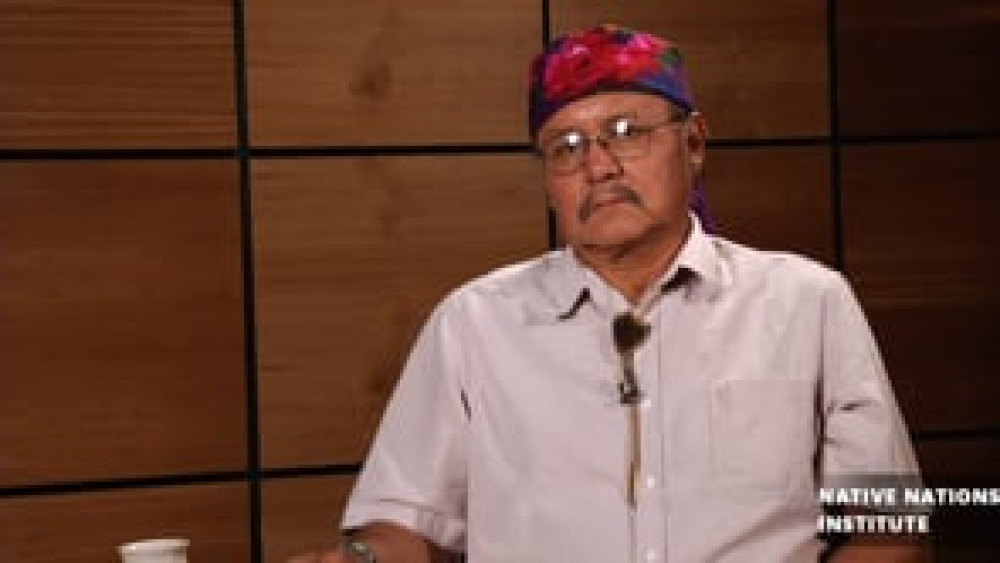
Avery Denny: Origins of Navajo Leadership
Avery Denny is a member of Diné Medicine Man’s Association and is faculty at the Center for Diné Studies at Diné college Diné hatáli. As an instructor for over 29 years, he has taught courses on herbology, holistic healing, and Diné culture, oral history and philosophy. Avery…
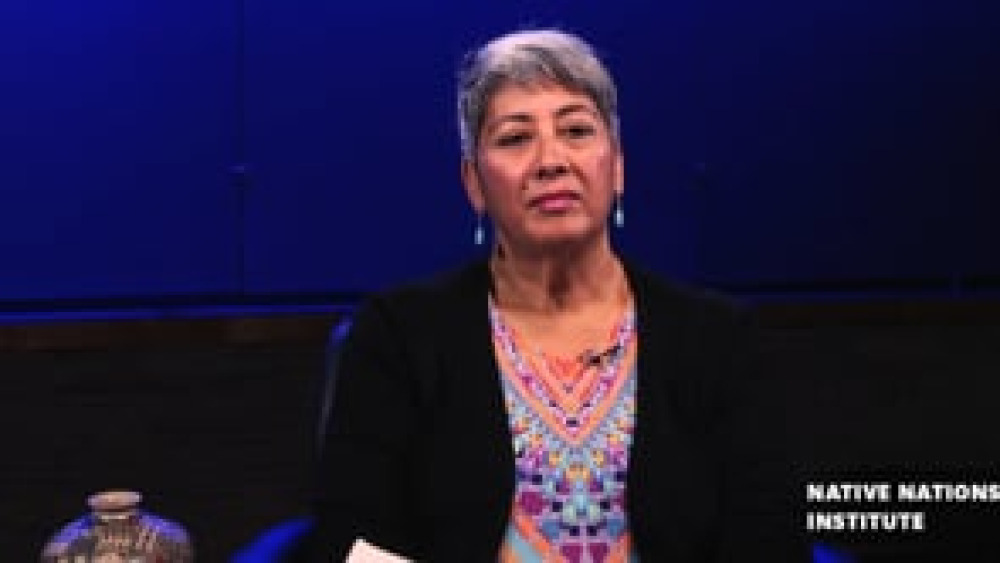
Sharon Toi: Honoring Maori Traditions and Governance
Sharon Toi is Ngāpuhi Māori and a 2014 recipient of a Fulbright Visiting Scholar-Ngā Pae o Te Māramatanga Graduate Award that funded her residency at the Indigenous Peoples Law and Policy Program housed within the University of Arizona’s College of Law. Sharon shares her extensive knowledge…
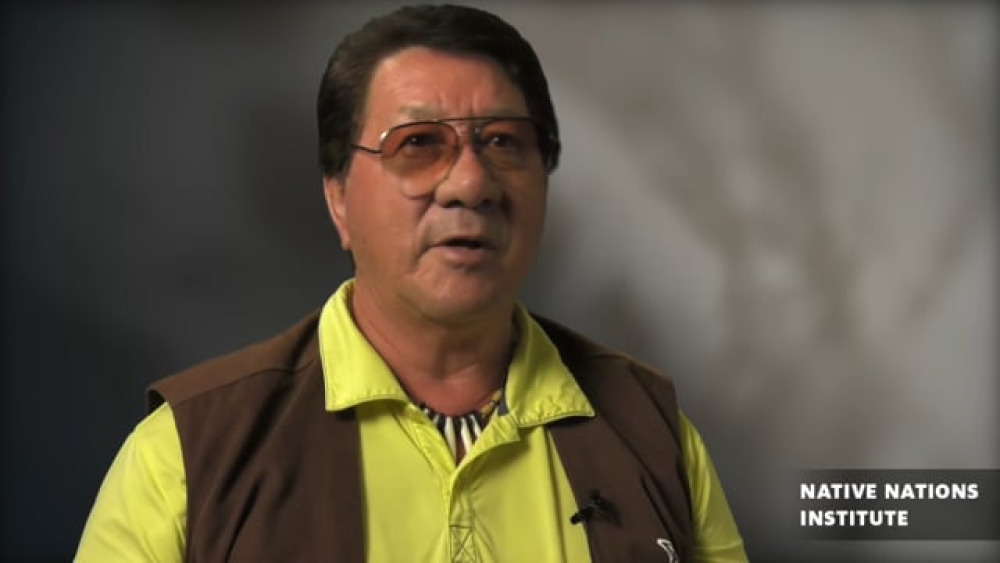
Michael Kanentakeron Mitchell: Stories and Reflections on Indigenous Governance
Former Grand Chief Michael Kanentakeron Mitchell of the Mohawk Council of Akwesasne recently stepped down from his role as Grand Chief after decades of building a strong independent jurisdiction. Chief Mitchell offers some of his stories and reflections in indigenous governance that…
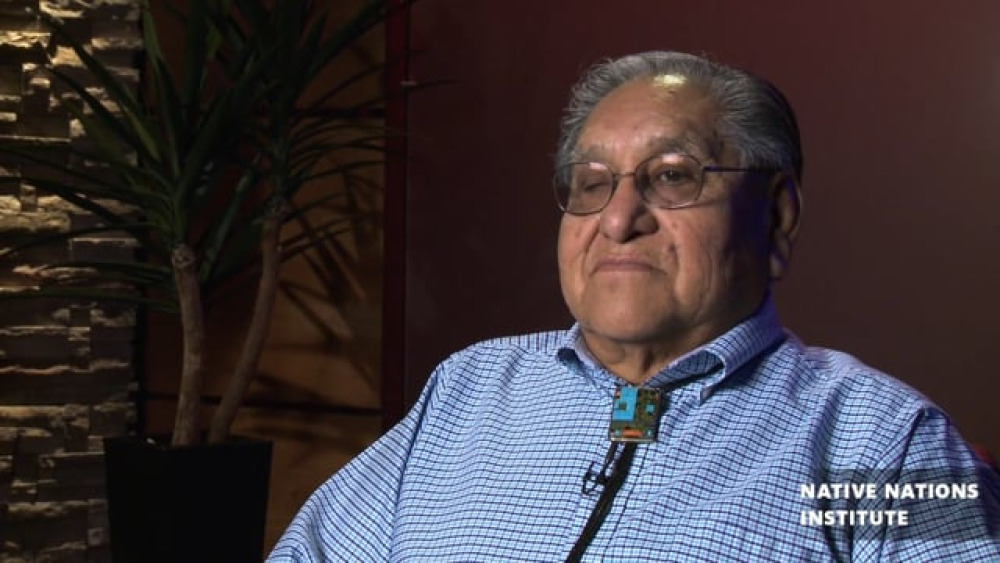
Leroy Shingoitewa: Self-Governance with Hopi Values
Leroy Shingoitewa, member of the bear clan, and served as chairman of the Hopi tribe and since January 2016, has served as a councilman representing the village of Upper Moenkopi. He recalls the intricacies of governing while maintiang Hopi values and traditions.

Michelle Deshong: Australian Aboriginal Methods of Self-Governance
Michelle Deshong draws her connections to Kuku Yalanji and Butchulla nations. She is a 2015 recipient of the Australian-American Fulbright Indigenous Professional Scholarship that funded her residency at the Native Nations Institute housed within the Udall Center for Studies and Public…
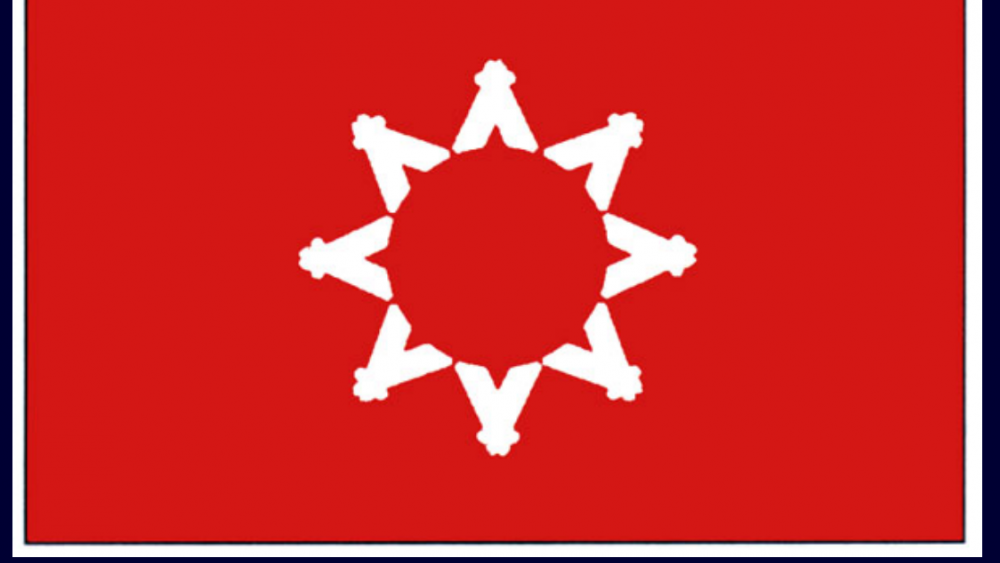
The Indian Reorganization Act at 80 years
At Pine Ridge, daily controversy surrounds the Indian Reorganization Act (IRA) of 1934. Congress enacted the IRA on June 18, 1934. However, the voting requirement was drastically altered just three days prior. This amendment (H.R. 7781, 49 Stat., 378) dated June 15, 1934, lowered the overall voting…
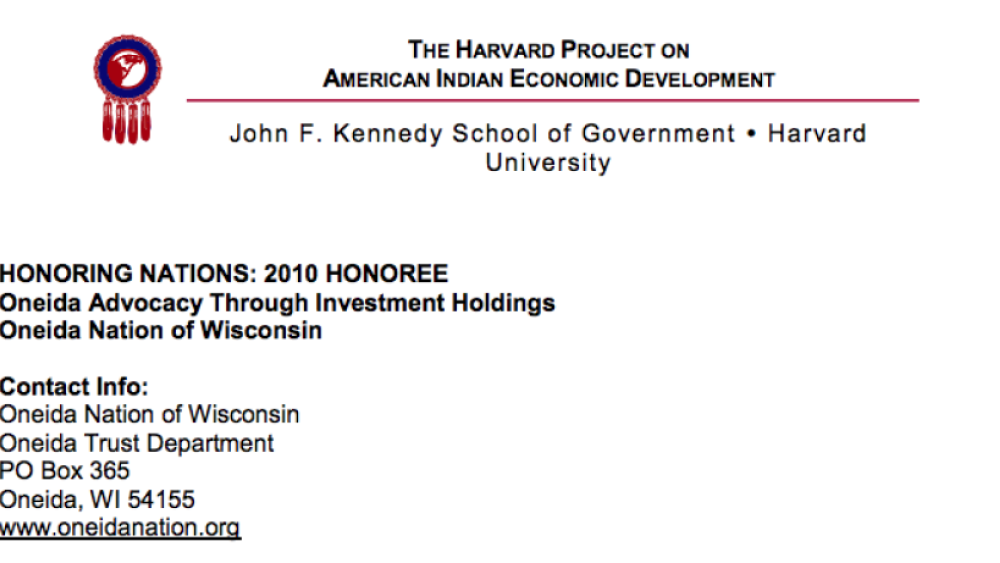
Oneida Advocacy Through Investment Holdings
Thirty years ago, most Native nations in the U.S. had few financial resources available for investment. With the passage of the Indian Self-Determination and Education Assistance Act (Public Law 93-638) in 1975, many tribes began to reclaim the governance of their nations – and with such assertions…
